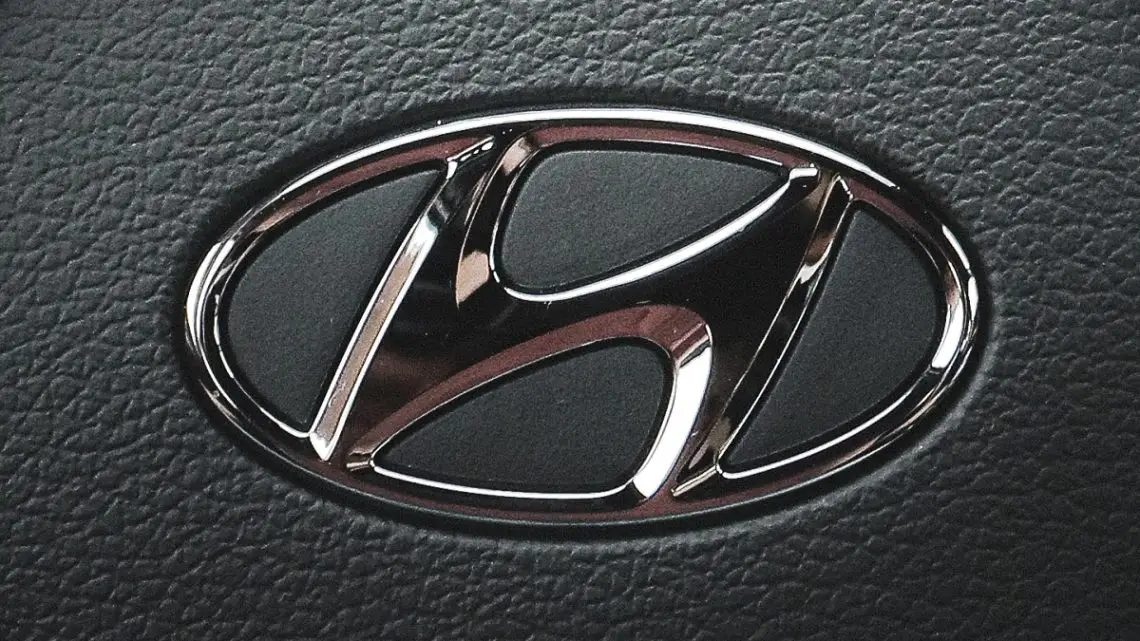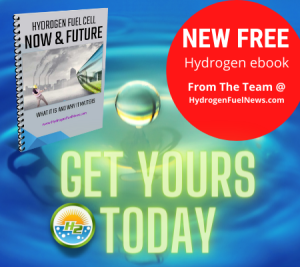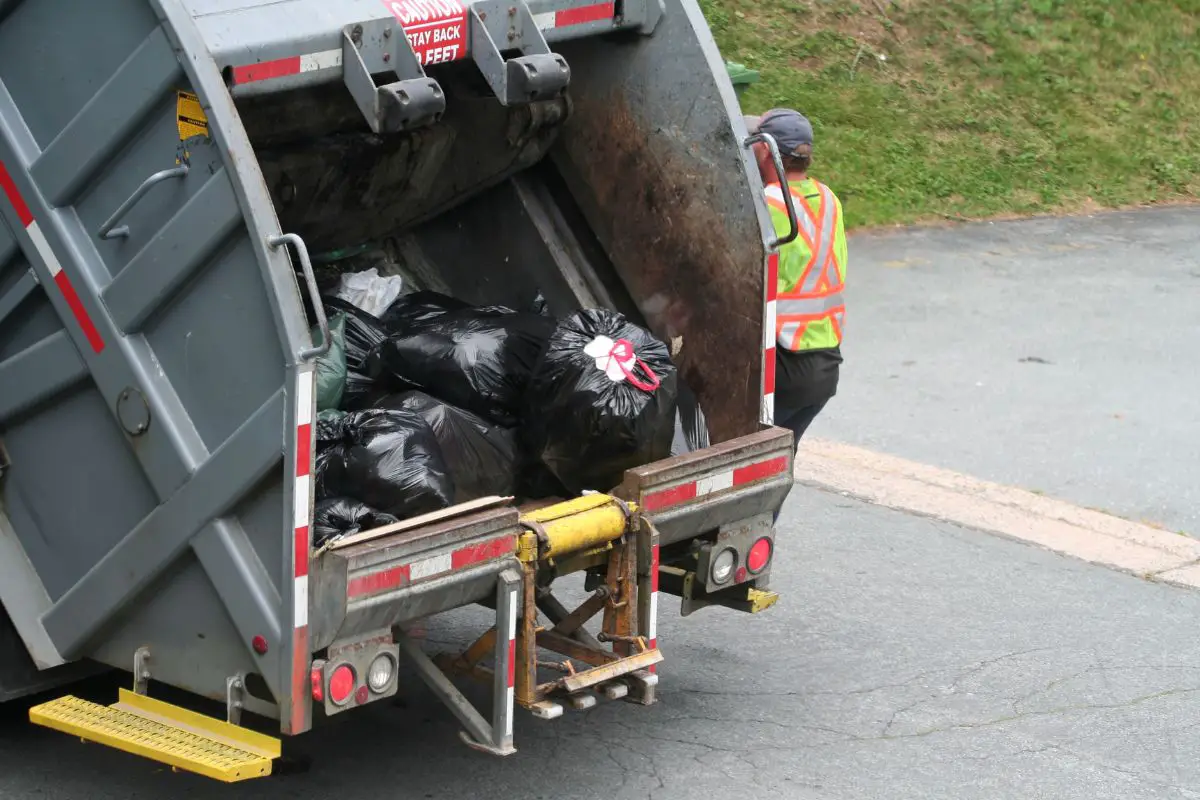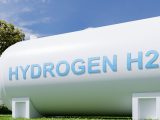
Hyundai to supply Faun with truck fuel cell systems
December 19, 2022The South Korean automaker will be providing the German truck company with new H2 components.
Hyundai Motor Group recently announced that it will be supplying the Faun Group in Germany with 1,100 fuel cell systems as a part of a three-year deal.
The German eco-friendly car company intends to make H2-powered cargo and garbage trucks.
This represents the first time the automaker and hydrogen car company has agreed to supply its fuel cell systems in large numbers. With this deal, Hyundai will be supplying its 90-kilowatt H2 components to power Enginius’ two brands, Citypower cargo trucks and Bluepower garbage trucks. Those vehicles are expected to enter the market in 2025 and 2023 respectively.

“Partnering with Faun Group, HTWO took one step closer to reducing fossil fuel reliance,” explained Hyundai Motor Group head of hydrogen fuel cell division Lim Tae-won in a media statement. HTWO is the fuel cell system brand that Hyundai launched last year. It represents H2, the hydrogen molecule.
Hyundai is the largest hydrogen car supplier, holding a 59.1 percent market share. In the first three quarters of this year, it sold 9,591 units of its Nexo SUV worldwide, according to SNE Research market tracker data. The second largest share belongs to Toyota, with the Mirai comprising 17.9 percent.
Hyundai has been making solid moves to use its fuel cell systems to keep hold of its market leadership.
Recently, for instance, Hyundai began selling its H2-powered Xcient trucks in South Korea, then brought them to the European market, where units are being sold in Switzerland and Germany.
The company has already developed first- and second-generation hydrogen fuel cell systems and has committed to producing a third-generation upgrade in the near future. The company’s goal is the production of 500,000 H2-powered vehicles by 2030, and 700,000 systems by the same year.
Last year in March, the South Korean automaker started building its first overseas production factor for fuel cells. It was located in Gwangzhou, China and is a key component of its target to cease combustion engine vehicle production by 2035. Its local hydrogen fuel cell systems plant is located 106 kilometers from Seoul, in North Chungcheong Province.
HYDROGEN POLL: Cost and infrastructure aside, are you ready to use hydrogen as a source of fuel for home heating?[forminator_poll id=”56493″]



 With over 15 years of reporting hydrogen news, we are your premier source for the latest updates and insights in hydrogen and renewable energy.
With over 15 years of reporting hydrogen news, we are your premier source for the latest updates and insights in hydrogen and renewable energy.
Great news from these two companies. Germany should move quickly to using seawater to produce hydrogen and sodium-sulfur batteries, transition all manufacturing and industrial plants to use fuel cells and hydrogen, build sodium-sulfur battery storage locations that produce hydrogen for their transportation industries and complete the hydrogen infrastructure change needed starting at the coast. Recent advances in the electrolysis of seawater, solar cell mineral layering, hydrogen storage, and improved electrodes in sodium-sulfur batteries now offers a path to energy independence for the Germany and the entire EU. The EU should quickly make this energy transformation and become energy independent. The results of this change will be endless energy and the solution for climate warming.
The use of hydrogen to fuel heating boilers is very inefficient: First the electrolysis of water to produce hydrogen is no better than 65% efficient, then burning the hydrogen in the best condensing boiler with the boiler in condensing mode, is less than 90% efficient making the overall efficiency less than 60% efficient in converting the original electricity into heat, compared with a good ground source heat pump that will deliver around 400% efficiency in converting the electricity into heat.